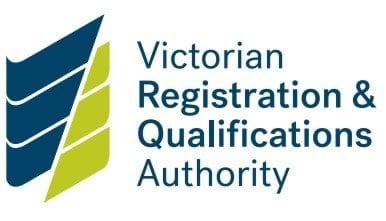About the Standard
RTOs must have effective processes that:
- support children to raise complaints
- ensure that their organisation can appropriately respond to and report suspected child abuse.
This Standard emphasises the importance of complaints processes that are:
- child-focused
- easily understood by children and their families
- easily understood by staff and volunteers.
RTOs must make sure they:
- take complaints seriously and respond to them promptly and thoroughly
- co-operate with law enforcement
- meet reporting, privacy and employment law obligations.
How to comply
An RTO must be able to provide evidence that its complaints policy:
- is easily understood, culturally respectful, child-focused and accessible to the full diversity of children, staff, volunteers, families and communities
- covers allegations of abuse and harm to children by adults and other children
- describes assistance provided to the complainant
- outlines how risks to children will be managed when a complaint is raised and an investigation is underway
- covers recordkeeping obligations
- includes clear links to disciplinary policies
- specifies that complaints can be raised when staff breach policies and procedures, including:
- the Child Safety Code of Conduct
- their obligations to act
- states a reasonable response time for complaints and describes an appropriate consideration process
- states when the RTO will report complaints to the authorities and cooperate as necessary with law enforcement.
Further evidence could include policies and procedures that show compliance with the relevant reporting, privacy, and employment laws.
Examples of compliance
An RTO complying with this Standard may have:
- documented recruitment, induction or performance reviews for new or existing staff and volunteers that include the complaints policy
- professional development or resources for staff and volunteers to communicate changes to the complaints policy or procedures
- record management systems that capture, report and record complaints investigations data
- communication resources that clearly convey the complaints policy and procedures to students, families, staff and volunteers. For example a student handbook, newsletter or website.
Updated


